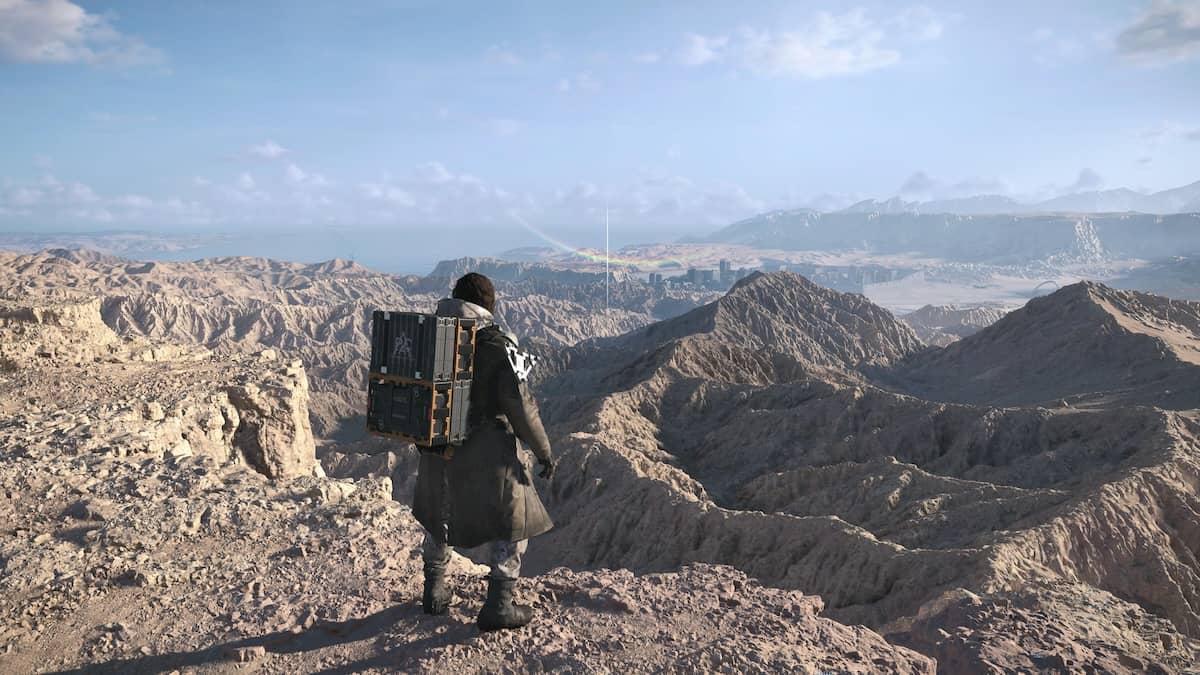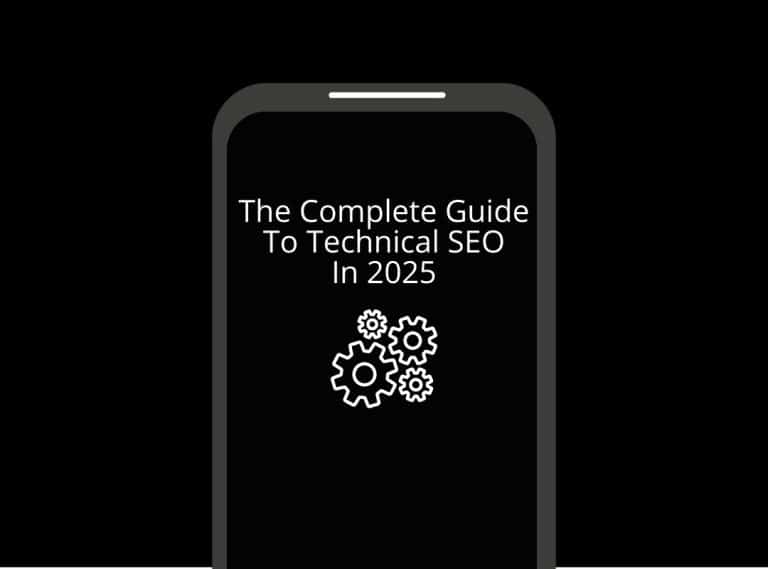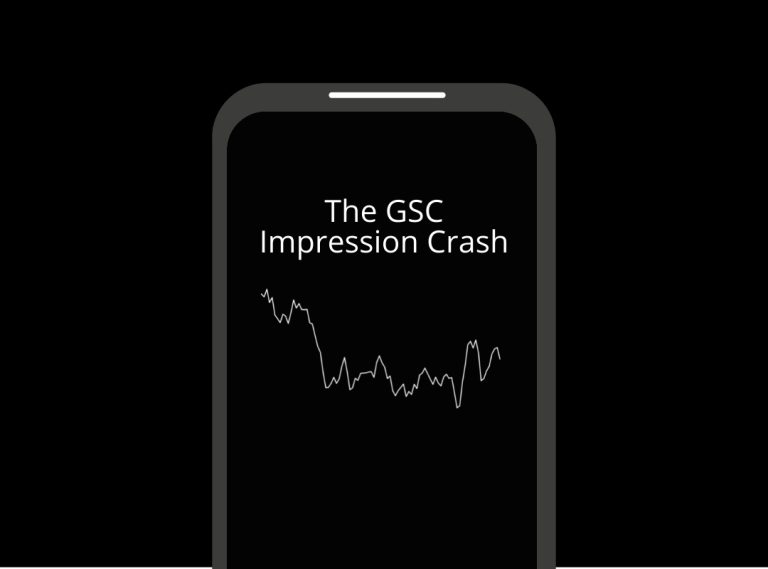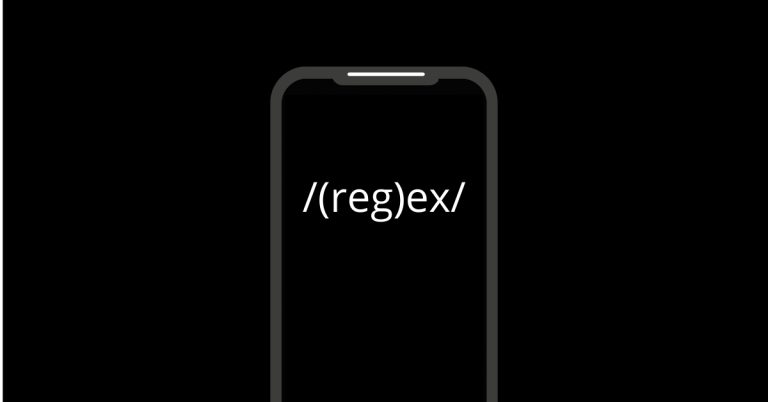Hideo Kojima is often called the first auteur of video games. The creator of Metal Gear Solid, Death Stranding, and the upcoming sequel Death Stranding 2: On the Beach, he designs worlds that are cinematic, layered, and deeply personal. Kojima writes not just about gameplay but about isolation, storytelling, and the cultural “memes” he inherited and passed on in his essays collected in The Creative Gene.
What if we applied that mindset to SEO? What if keyword research, content creation, and optimisation became less about ticking algorithmic boxes, and more about curating ideas with a creator’s eye — hunting for rare gems, building connections, and shaping a lasting body of work?
Seeing SEO as Storytelling

Kojima doesn’t work in straight lines. His projects are sprawling constellations of influences — a childhood memory here, a half-forgotten novel there, a song lyric, a philosophical idea. They collide, overlap, and eventually settle into something coherent but unexpected. In The Creative Gene, he describes this process as almost subconscious; the mind becomes a container for fragments, and with time, the right ones click together.
That’s not so different from how great SEO content comes to life. The most impactful pieces aren’t just built from a keyword list; they’re built from threads of cultural relevance, audience needs, and your own unique perspective. The keyword is a starting point, but it’s the connections you make — the context you add — that give it staying power.
Kojima is also unafraid of risk. His games often confuse or even frustrate players at first. But the payoff comes from trusting the audience to lean in, to explore, to assemble meaning themselves. In Organic SEO, there’s a lesson here: you don’t have to handhold every step of the journey. Sometimes the most engaged users are the ones you challenge to think, click, and connect the dots.
By looking at SEO through Kojima’s lens, we start to see it not as a battle for position, but as a craft of connection — a series of deliberate design choices that shape how people move through and remember your world. This is how Kojima’s creative gene thinking can transform your SEO strategy.
The Strand as a Symbol of Connection
When Death Stranding dropped in 2019, it defied expectations. Instead of combat, the world revolves around delivering supplies across decimated America. You don’t encounter fellow players directly; instead, you leave ladders, bridges, and footprints others can follow.
Kojima calls it the “Social Strand System” — a way of embodying the human need for connection, even when we’re apart.
Kojima Quote:
“In Death Stranding, you cannot meet people directly, but you can connect indirectly… through kindness.”
SEO Takeaway:
Build your internal linking to feel like helpful signposts in your site’s landscape—not just pathways meant to improve ranking. Each link should invite exploration.
The Rope, Not the Stick
Kojima borrowed from Kobo Abe the metaphor of “the rope vs the stick”: tools not of conflict, but of connection. While many games (and marketing campaigns) rely on sticks—aggression, domination—Death Stranding centres on ropes—gratitude, altruism.
Kojima Quote:
“We need more ropes in this world—connections that bring us closer together.”
SEO Takeaway:
Instead of chasing clicks via pop-ups or aggressive ads, offer genuine resources—free tools, robust guides, community engagement—that pull users in earnestly.
Personal Isolation Turned Shared Empathy
Kojima often reflects on growing up alone after school with books and films as his companions. That memory underpins Death Stranding — seeing another player’s infrastructure feels like acknowledgment: you are not alone.
Kojima Quote:
“When you are lonely, someone out there is feeling the same. I want my work to connect those people.”
SEO Takeaway:
Write empathetic content that speaks to feelings behind searches. A blog post titled “How to Cope with Remote Work Burnout” matters more if it opens with a real story instead of bullet points.
Ambiguity as Invitation to Interpret
Kojima’s narratives rarely explain. Characters, symbols, settings often feel cryptic, encouraging players to speculate, to theorise.
Kojima Quote:
“I don’t want to explain everything. The player should be part of creating the meaning.”
SEO Takeaway:
Use curiosity-driven titles like “The Lens That Changes How You See Photography.” Hook the reader and let them draw meaning—and click deeper—on their own terms.
Adapting Themes Post-Pandemic
Originally, Death Stranding 2 was about connection. But the pandemic shifted Kojima’s perspective: the sequel questions whether connection is always good. Its tagline changed to “We should not have connected.”
Kojima Quote:
“The pandemic showed me that connection is not always positive. I had to rewrite my story.”
SEO Takeaway:
Don’t cling to outdated messaging. Real-world shifts demand corresponding re-calibration of tone, topics, and offerings in your content strategy.
Audience as Co-Creators
Players continued building highways in Death Stranding years after release. Kojima responded by giving them monorails in the sequel—feedback turned strategy.
Kojima Quote:
“Players created things I never imagined. So I decided to create for them in return.”
SEO Takeaway:
Let analytics guide evolution. If one blog unexpectedly outperforms, build a series around it. If users consistently follow a certain path on your site, reinforce it intentionally.
Tools as Double-Edged Strands
Kojima depicts tech as both connector and divider. In his stories, tools like the chiral network can unify humans — or isolate them further.
Kojima Quote:
“Technology itself is neutral. It’s how we use it that decides its meaning.”
SEO Takeaway:
Use AI and automation to support creativity—not replace it. Let human empathy remain central; tech should enhance your voice, not dilute it.
Passing On Memes That Matter
Kojima sees cultural themes—stories and values—as “memes” that travel across time. He hopes his games transmit the memes that influenced him.
Kojima Quote:
“The Creative Gene will form strands between me and you, and maybe new memes will be made.”
SEO Takeaway:
Aim for content that becomes reference points. Let your style, values, or philosophy echo across platforms and time—not just in one-off posts.
Strands in the Wild — SEO Campaigns with Kojima DNA

| Brand | Kojima-Inspired Lesson | Real Strategy |
|---|---|---|
| Patagonia’s Worn Wear | Rope, values, long-term loyalty | Encouraged customers to repair/resell gear, boosting trust and revenues. |
| Ahrefs Educational Blog | Internal strands create a learning landscape | Deep guides linked with tools, prioritized user growth over hard sell. |
| National Geographic “Your Shot” | Audience as co-creators | UGC-powered platform showcasing user stories and photos. |
| Headspace Pandemic Pivot | Adaptive storylines | Shifted from habit-building to emotional support in messaging. |
| Patagonia Worn Wear Roadshow | Physical strand building | Used a biodiesel truck and live workshops to connect values across communities. |
Seeing SEO Through a Personal Lens
These parallels between Kojima’s creative philosophy and SEO aren’t rules — they’re interpretations. Every strategist will see different lessons in his work, just as every player walks away from Death Stranding with a slightly different story in mind. That’s part of the point. Creativity thrives in the spaces where subjectivity lives.
SEO is often framed as a science — measurable, formulaic, precise. And while technical seo, data and structure matter, the other half of the equation is human. Search is driven by intent, curiosity, and the desire to connect. If you focus only on satisfying algorithms, you risk missing the living audience behind them.
Kojima builds experiences that stick because they form emotional bonds. They reward exploration, invite participation, and trust people to bring their own meaning. The most enduring SEO strategies do the same. They give users something worth finding — and a reason to stay.
Your keywords, your links, your content — they’re not just mechanical parts of a system. They’re strands. And if you design them with the same care Kojima designs his worlds, they won’t just lead to clicks. They’ll lead to connection.
Game Stats That Speak Volumes
- Death Stranding eventually reached 20 million players globally — proof of resonance.
- A month into DS2, Kojima revealed 79% of players continued playing after the main story ended—a testament to the power of long-form engagement.
- Kojima still actively monitors player routes, highways, and community data post-launch — perpetually refining based on real behaviour.
The Kojima-Informed SEO Checklist
- Begin with empathy, not keyword volume.
- Build intuitive internal pathways—bridges, not dead-ends.
- Write with emotional depth, not just factual clarity.
- Leave space for readers to interpret and ponder.
- Pivot messaging when the world shifts.
- Respond to real user behaviour—not just speculation.
- Keep tech human-friendly; authenticity is your core.
- Strive to create content that shapes culture, not just traffic.
Hideo Kojima teaches us creativity is not just editing metadata or scoring backlinks—it’s about designing experiences that people want to inhabit. He crafts games to connect, provoke, inspire. Your SEO can do the same—one strand, one rope, one page at a time.
Let your keywords become pathways, your content become connection. Keep on keeping on.




